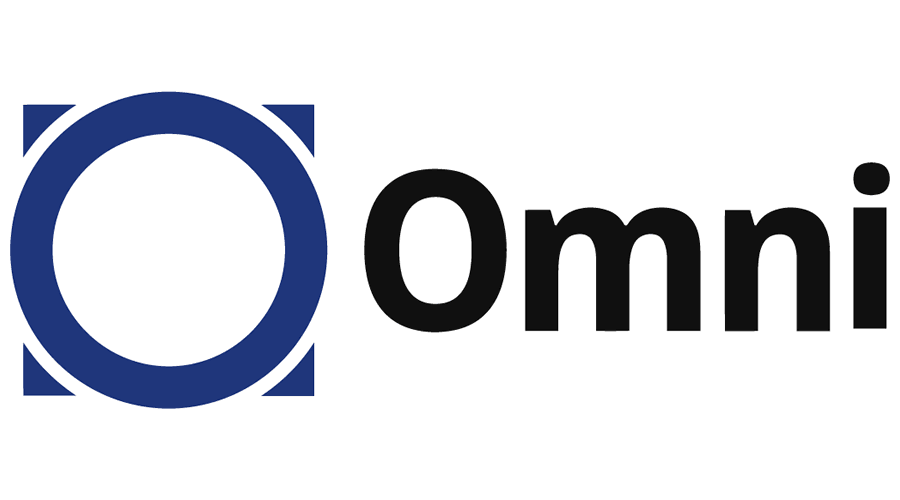
OmniDEX

Frais de l'echange
Méthodes de dépôts
Cryptos prises en charge (4)
UPDATE 11 December 2019: To our understanding, this company has changed shape from exchange to a form of blockchain explorer, just showing the latest Omni Token transactions that have occurred. For our Exchange List-purposes, this entity has therefore been marked as “dead”.

To find a reliable exchange where you can start an account, just use our Exchange Filters and we'll help you find the right platform for you.
OmniDEX Review
OmniDEX is a so called “decentralized exchange”. It has not yet fully launched but a beta version is currently up and running. Decentralized exchanges are becoming increasingly more popular. They are definitely gaining market shares against their centralized counterparts.
Decentralized exchanges do not require a third party to store your funds, instead, you are always directly in control of your coins and you conduct transactions directly with whoever wants to buy or sell your coins. Decentralized exchanges normally do not require you to give out personal information either. This makes it possible to create an account and right away be able to start trading. The servers of decentralized exchanges spread out across the globe leading to a lower risk of server downtime. However, decentralized exchanges as opposed to regular top crypto exchanges normally have an order book with lower liquidity than the regular top crypto exchanges.
As OmniDEX is a decentralized exchange, it does not list US-investors as prohibited from trading. However, US-investors should still do their own independent assessment of any problems arising from their residency or citizenship.
OmniDEX Trading View
Different exchanges have different trading views. And there is no “this overview is the best”-view. You should yourself determine which trading view that suits you the best. What the views normally have in common is that they all show the order book or at least part of the order book, a price chart of the chosen cryptocurrency and order history. They normally also have buy and sell-boxes. Before you choose an exchange, try to have a look at the trading view so that you can ascertain that it feels right to you. We have not been able to obtain a trading view of this exchange.
OmniDEX Fees
OmniDEX Trading fees
The trading fees for takers at this decentralized exchange are apparently 0.05%. This fee is incredibly low and also far below the industry average which is around 0.25%. It thus constitutes a strong competitive advantage and relates primarily to OmniDEX’s structure as a decentralized exchange.
Also, OmniDEX does not charge any fees for makers, thus promoting the liquidity at the exchange.
OmniDEX Withdrawal fees
We have not been able to find OmniDEX’s withdrawal fees. This is potentially a risk for you as an investor (if they are not informed of anywhere we believe there is a higher risk that they are high). In this specific case however, it is more likely due to this exchange’s status as a decentralized exchange.
Deposit Methods
OmniDEX does not accept any other deposit method than cryptocurrencies, so of you are a new crypto investor you can’t trade here. If you don’t have any crypto but want to start trading at this exchange, you will first have to purchase cryptocurrencies from another exchange and then, as a second step, deposit them here. To find another exchange where you can purchase your first crypto, use our Exchange Finder and we’ll guide you to the right place for you.
OmniDEX Security
The servers of decentralized exchanges normally spread out across the globe. This is different from centralized exchanges that normally have their servers more concentrated. This spread-out of servers leads to a lower risk of server downtime and also means that decentralized exchanges are virtually immune to attacks. This is because if you take out one of the servers, it makes little to no difference for the network of servers in its entirety. However, if you manage to get into a server at a centralized exchange, you can do a lot more harm.
Also, if you make a trade at a decentralized exchange, the exchange itself never touches your assets. Accordingly, even if a hacker would somehow be able to hack the exchange (in spite of the above), the hacker can not access your assets. If you make a trade at a centralized exchange, however, you normally hold assets at that exchange until you withdraw them to your private wallet. A hacker can therefore hack a centralized exchange and steal your funds held at such exchange. This is not possible when the hacker's target instead is a DEX.
